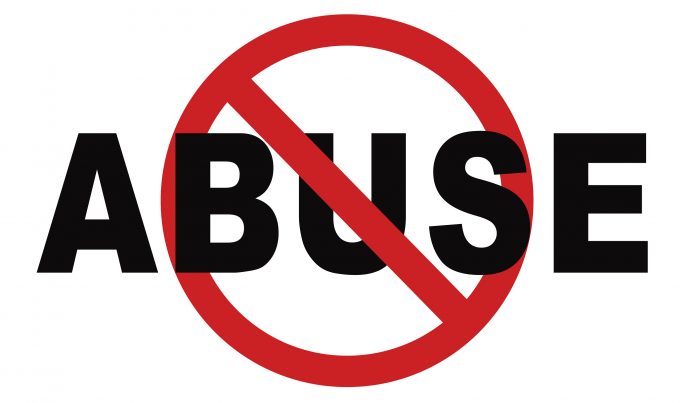Preventing the abuse of seniors involves learning about how it is accomplished and recognizing it when you see it happening. Just as with any type of abuse, elder abuse is when a trusted person causes harm, either physical or emotional to a senior, usually one within their care.
Many abused seniors feel ashamed that they are being abused and rarely talk about it. The abuser likes the sense of control and as with any type of abuse, it can escalate. There are several types of elder abuse and quite often an abuser will use a combination of them.
Types of Elder or Senior Abuse
- Physical. Inflicting pain or injury on a senior by hitting, slapping, shaking or withholding any physical necessities.
- Emotional. Yelling, threatening and name calling are all forms of emotional or psychological abuse. Keeping an elderly person isolated from others or not allowing them to use the phone or go out are other examples.
- Financial. One of the most common methods of abusing the elderly is to steal from them. Usually these will be expensive items such as jewelry or money from their bank accounts. The abuser may position themselves in the household so as to be in control of all financial matters and the senior may not be aware of what is happening.
If you are a senior, make sure you surround yourself with people you trust. Attend church meetings or visit a senior’s center regularly so you will be missed if you don’t show up. Keep control of your own finances and don’t allow anyone to take over your bank accounts or other financial matters.
More than half of the victims of elder abuse are victimized by their own family members. If you have friends who are elderly, keep an eye out for anyone who could be trying to manipulate or abuse your friend in some way. Educate yourself on elderly abuse.























